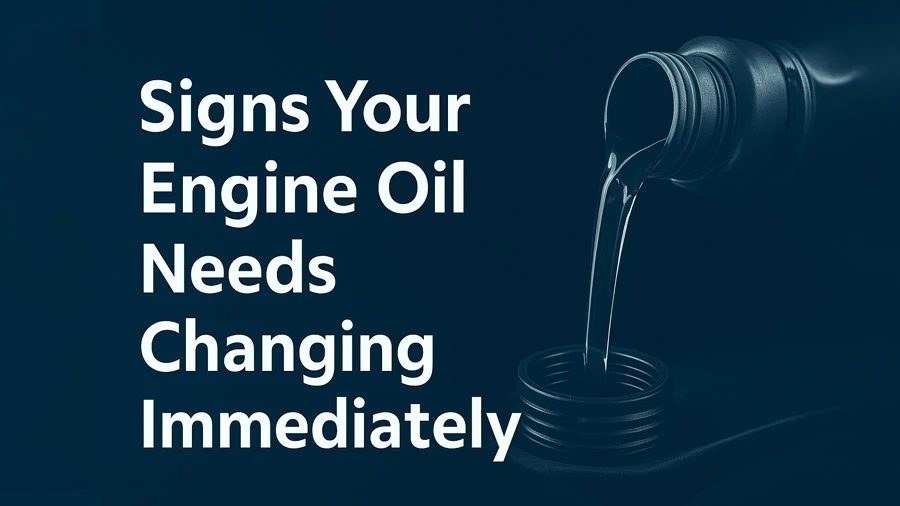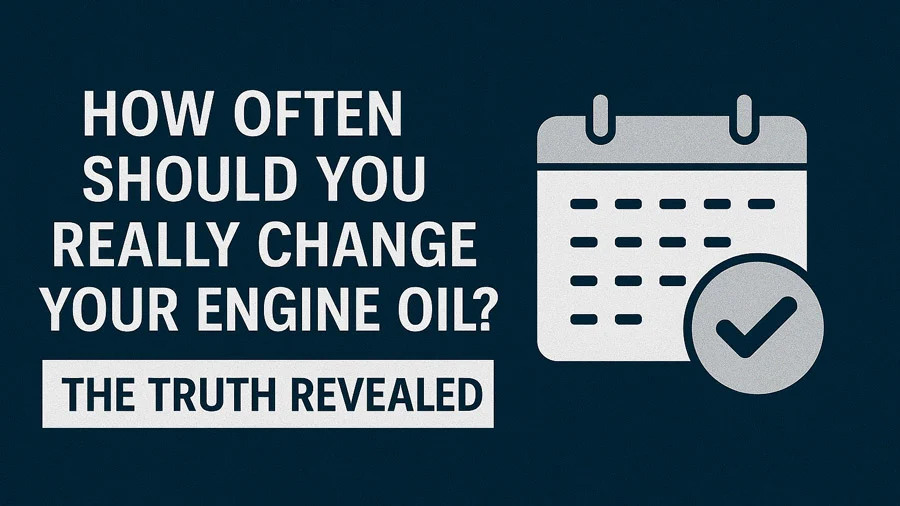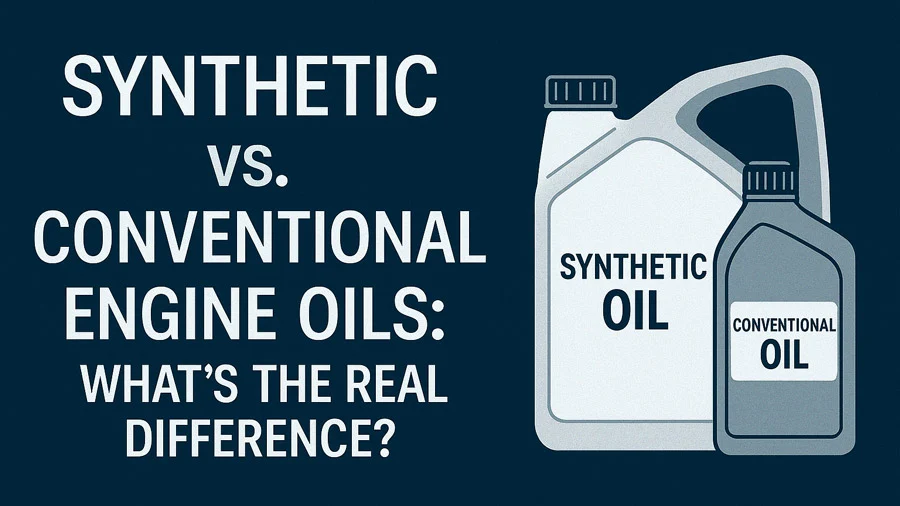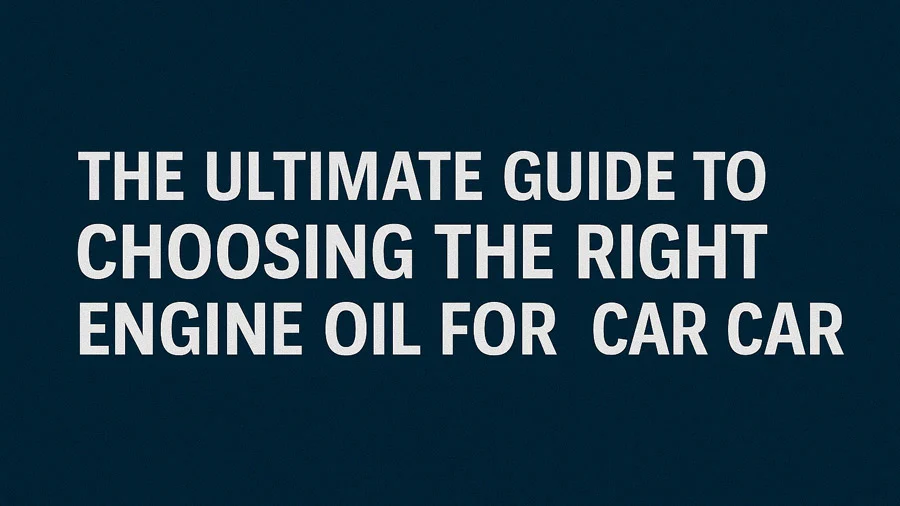Top 10 Engine Oil Mistakes That Could Ruin Your Engine
You probably never thought oil could be such a big deal, right? But trust me, making mistakes with your engine oil is like putting junk food in a fine sports car—it’s only a matter of time before things go wrong. Your engine oil keeps everything running smoothly, and messing it up can cause serious, costly damage.
Let’s walk through the top 10 engine oil mistakes that can ruin your engine—and how to dodge them like a pro.
Table of Contents:
Mistake #1: Using the Wrong Oil Viscosity
Oil viscosity is basically the thickness or thinness of the oil. Using the wrong viscosity can starve your engine of proper lubrication or cause poor performance. Always follow your manufacturer’s recommended grade (like 5W-30 or 10W-40).
Mistake #2: Ignoring Manufacturer’s Recommendations
Your car maker isn’t guessing when they tell you what oil to use or when to change it. Ignoring these guidelines risks voiding your warranty and damaging your engine.
Mistake #3: Skipping Regular Oil Changes
Waiting too long between oil changes means dirty, sludge-filled oil keeps cycling through your engine. This accelerates wear and can lead to engine failure.
Mistake #4: Not Changing the Oil Filter
The oil filter traps contaminants. If you don’t change it along with the oil, dirty oil will circulate and damage your engine parts.
Mistake #5: Overfilling or Underfilling Oil
Too much oil creates pressure and can damage seals; too little oil leads to insufficient lubrication and overheating. Check levels carefully and maintain the right amount.
Mistake #6: Mixing Different Oil Types or Brands
Mixing conventional and synthetic oils, or different brands, can reduce oil performance and create sludge. If you must mix in an emergency, plan to flush and replace soon.
Mistake #7: Using Old or Contaminated Oil
Oil has a shelf life. Using expired or dirty oil can introduce impurities and reduce lubrication quality.
Mistake #8: Neglecting Oil Quality in Extreme Driving Conditions
High heat, towing heavy loads, or stop-and-go city traffic all demand higher quality oil. Using basic oil in these conditions accelerates wear.
Mistake #9: Not Checking Oil Level Regularly
Oil leaks and consumption happen. Don’t just trust your oil change schedule—check your oil level monthly to avoid surprises.
Mistake #10: Relying Solely on Oil Change Indicators
Oil life sensors are helpful but not foolproof. They can malfunction or miss issues. Always trust your eyes, ears, and feel.
How to Avoid These Mistakes
- Stick to the recommended viscosity and oil type.
- Change your oil and filter on schedule.
- Regularly check oil levels.
- Avoid mixing oils unnecessarily.
- Use high-quality oils suited to your driving habits.
Conclusion: Protect Your Engine with Smart Oil Habits
A little care with your engine oil goes a long way in extending your car’s life. Avoid these common mistakes and your engine will thank you with better performance and fewer costly repairs. Remember: the right oil habits are the best insurance for your vehicle.
FAQs
Usually not instantly, but prolonged use can cause serious damage.
Every time you change your oil, ideally.
It’s best to drain the excess to avoid seal damage.
It’s best to change the oil when switching brands to avoid mixing issues.
They help but should not replace regular manual checks.



